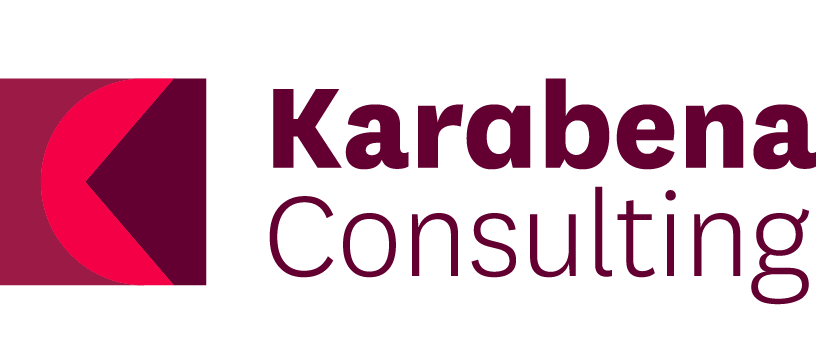Implementation Pathways to Achieve Ngunnawal, First Nations Peoples and Australian Capital Territory Government Treaties
ACT Government
Who funded the project
Karabena Consulting was contracted to facilitate a process of healing for Ngunnawal families, the Traditional Owners of the region in the ACT, and consider ways in which Treaty can facilitate self-determination.
We facilitated the process methodically using three interlinked strategies:
face to face workshops,
surveys, and
interviews.
The face-to-face workshops and interviews involved consultations with the United Ngunnawal Elders Council (UNEC) and other Ngunnawal families while surveys were used to elicit responses from age 14 and above.
The analysis of the information gathered enabled us to propose the following three key elements to the Treaty process:
Reparation – to compensate Ngunnawal Traditional Owners in the ACT region and to establish a Ngunnawal Future Fund.
Participation – to initiate Truth telling and other Treaty related programs for the wider community; and
Representation – to install a Voice to Parliament, in this case, the ACT Legislative Assembly.
During the eight-week consultation phase allowed on this project, Karabena Consulting engaged a number of Ngunnawal family representatives though acknowledge that we were unable to consult as widely as we, and others, would have liked us to.
Summary
The primary aims of this project were to engage Traditional Owners to consider ways in which Treaty can facilitate self-determination and identify what could be beneficial to include in Treaty negotiations going forward.
Project Aims
Mixed Method Approach
Co-designed face to face workshops and interviews.
Administration of questionnaire through Surveys.
Thematic analysis
Methodologies
Karabena Consulting provided surveys, and trained Ngunnawal family representatives in survey delivery in an effort to ensure culturally safe consultation leading to richer data.
Additionally, the family representatives may now be better skilled to have an active involvement in research undertaken within their communities, supporting self-determination.
Methodological outcomes
Key outputs from this project included:
PowerPoint slides,
workshop reports, and
A discussion paper for the advice of UNEC and the wider Aboriginal and Torres Strait Islander community.
Outputs
Based on the principles of centrality of culture, cultural safety, inclusivity, self-determination, co-design and implementation, reparative justice and empowerment, the Ngunnawal people seek to progress a Ngunnawal Territory Treaty using a 10-step preferred pathway.
The 10-step preferred pathway is outlined in detail within the report found here.
Project Outcomes
Public response
Treaty, Traditional Owners, Ngunnawal, Canberra, Reparation, Respect, Participation, Representation, Trauma Informed, ACT, Healing
